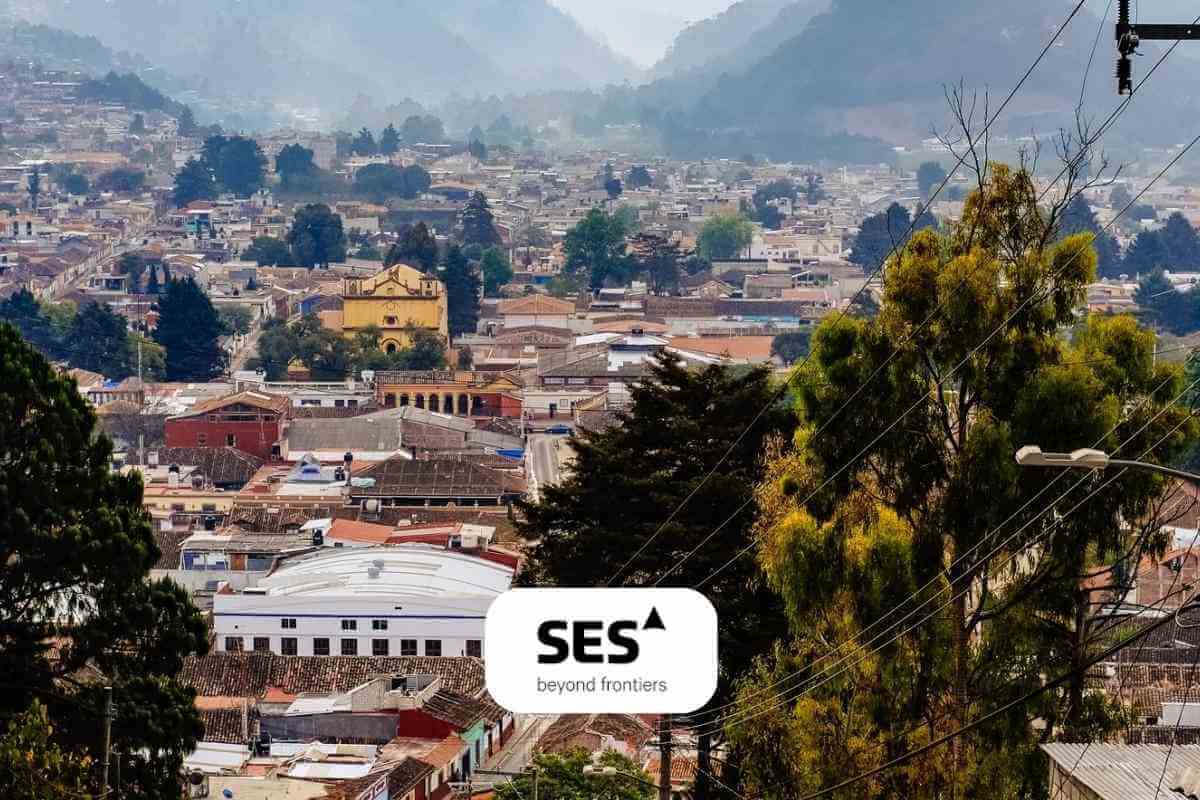
The Mexican Federal Agency (CFE TEIT) has selected SES, a leader in global content connectivity solutions, which operates the world's only multi-orbit constellation of satellites to support its initiative "Internet para todos" that aims to bring reliable connectivity to remote and underserved areas to bridge the digital divide in Mexico.
Also Read: Veon and OneWeb Partner to Deliver Extended Connectivity
SES will deploy more than 1,100 broadband hotspots as part of the Government initiative - Internet para todos (Internet for everyone). The high throughput Ka-band SES-17 satellite will power the free hotspots that will be helpful to provide free internet access in public areas across the Mexican territory.
Fully Managed Internet Solution
SES will deliver the connectivity as a fully managed solution to the CFE TEIT via the SES-17 satellite. This solution enables the federal agency to optimize bandwidth and facilitate dynamic demand needs while reducing the cost and complexity of delivering satellite connectivity. This is the second deployment of SES's capacity under the internet para todos initiative, following on from over 1,000 free hotspots enabled via the SES-15 satellite last year, according to a statement by the company.
Strategically Located Wi-Fi Hotspots
These strategically installed Wi-Fi hotspots provide reliable Internet access to the entire population, with a particular focus on remote regions and underserved communities. These hotspots can be found in public squares, community spaces, schools, and hospitals.
Also Read: Veon to Accelerate Digital Operator 1440 Model
Government Wants to Increase Connectivity
For example, in 2021, the National Statistics and Geography Institute of Mexico (INEGI) reported that only 66.4% of households in the country had broadband access, and rural areas like Chiapas had even lower rates, with only 32.6% of the population having internet access.
As of December 2022, CFE TEIT has installed 55,360 free internet access points for Mexican citizens. The Federal Government aims to increase this number to 140,000 by January 2023.















